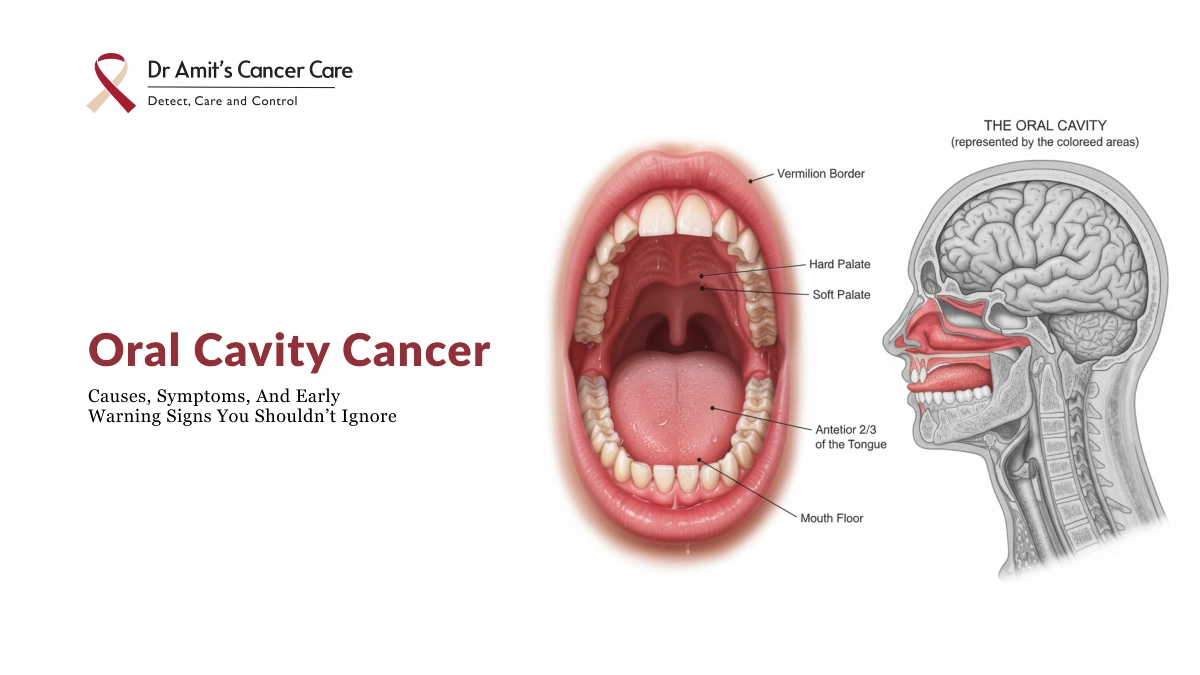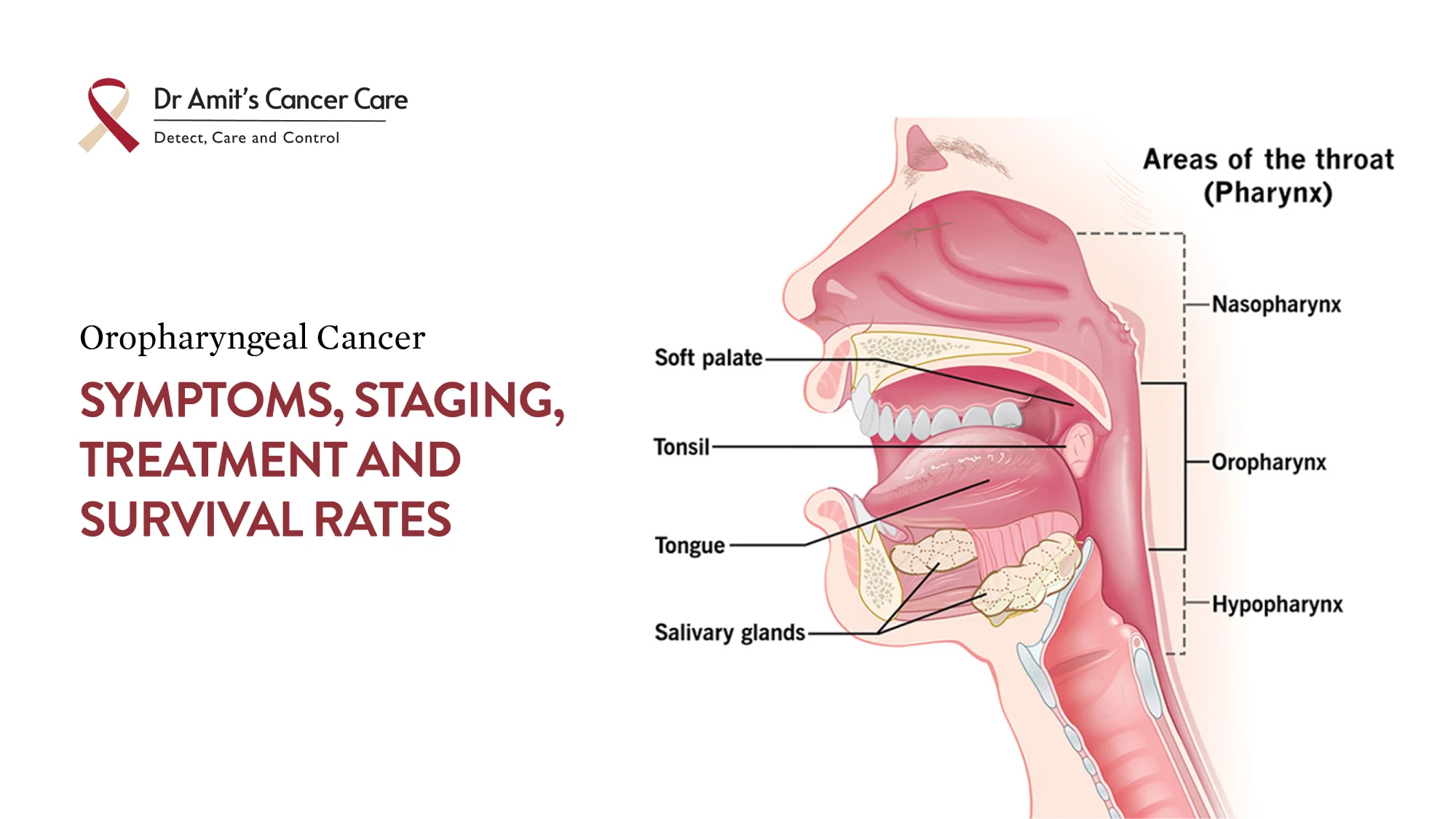Surgery for nasopharyngeal cancer is a complex and nuanced aspect of treatment, often reserved for specific cases due to the anatomical challenges and the nature of the disease. This overview will cover the types of surgical procedures available, their purposes, and what patients can expect during recovery.
Overview of Nasopharyngeal Cancer
Nasopharyngeal cancer (NPC) primarily affects the nasopharynx, the area behind the nose and above the back of the throat. It is less common than other head and neck cancers and is often treated with radiation and chemotherapy. Surgery is typically considered when the cancer recurs after initial treatment or when specific types of tumors, such as adenocarcinomas, are present.
Surgical Procedures for Nasopharyngeal Cancer
1. Nasopharyngectomy
Nasopharyngectomy involves the surgical resection of the nasopharynx and is primarily used for salvage surgery in cases of recurrent nasopharyngeal carcinoma. This procedure can be challenging due to the nasopharynx’s location near critical structures, including major blood vessels and nerves.
This surgery is indicated for patients with locally recurrent NPC or those with radiation-resistant tumors. Before surgery, thorough imaging studies, such as MRI or PET scans, are conducted to assess the tumor’s extent and relationship to surrounding tissues.
2. Endoscopic Surgery
Endoscopic techniques allow for minimally invasive access to the nasopharynx. Using a flexible fiber-optic scope, surgeons can visualize and remove tumors directly.
Endoscopic Nasopharyngectomy: This procedure is suitable for small tumors or for those that have recurred after initial treatment. It offers the advantage of reduced recovery time and less postoperative discomfort compared to traditional open surgery.
3. Neck Dissection
Given that nasopharyngeal cancer often spreads to nearby lymph nodes, neck dissection may be necessary to remove affected lymph nodes.
There are several types of neck dissection:
Selective Neck Dissection: Involves removing only the lymph nodes that are affected by cancer, preserving nearby structures.
Radical Neck Dissection: More extensive, this procedure removes nearly all lymph nodes on one side of the neck, along with associated muscles and nerves.
Modified Radical Neck Dissection: This approach removes lymph nodes while preserving some muscles and nerves, aiming to maintain neck function.
4. Surgery for Symptom Relief
In cases where the cancer is not curable, surgery may still be performed to alleviate symptoms, such as obstruction of the nasal passages. This can significantly improve the patient’s quality of life by relieving breathing difficulties.
Risks and Complications
As with any surgical procedure, there are inherent risks associated with surgery for nasopharyngeal cancer:
Infection and Bleeding: Common risks associated with any surgical intervention.
Changes in Appearance: Surgery may alter the patient’s facial structure, which can impact self-esteem and body image.
Swallowing and Breathing Difficulties: Postoperative swelling can lead to temporary challenges in swallowing and breathing.
Nerve Damage: Depending on the extent of the surgery, there may be risks of nerve damage, leading to numbness or weakness in the face or neck.
Recovery Process
Recovery from nasopharyngeal cancer surgery varies based on the type of surgery performed. Here are some general aspects of the recovery process:
Hospital Stay
Patients may require a hospital stay following surgery, particularly for more extensive procedures like nasopharyngectomy or radical neck dissection. The length of stay depends on the individual’s recovery progress and any complications that may arise.
Postoperative Care
Wound Care: Patients will receive instructions on how to care for surgical incisions to prevent infection.
Speech and Swallowing Therapy: Many patients benefit from rehabilitation services to help regain normal speech and swallowing functions. This therapy often begins shortly after surgery.
Nutritional Support: Depending on the extent of surgery, patients may initially require a modified diet or even a feeding tube to ensure adequate nutrition during recovery.
Follow-Up Appointments
Regular follow-up appointments are crucial to monitor recovery and check for any signs of cancer recurrence. These visits may include imaging studies and assessments of speech and swallowing abilities.
Emotional and Psychological Support
The emotional impact of surgery for nasopharyngeal cancer can be significant. Patients may experience changes in appearance, function, and overall health, leading to feelings of anxiety or depression. Support from healthcare professionals, counseling services, and support groups can be invaluable in helping patients navigate these challenges.
Conclusion
Surgery for nasopharyngeal cancer is a specialized treatment option that may be necessary for specific cases, particularly in instances of recurrence or when attempting to alleviate symptoms. Understanding the types of surgical procedures available, their risks, and the recovery process can help patients make informed decisions about their treatment options. Collaboration with a multidisciplinary team is essential to ensure comprehensive care and support throughout the treatment journey.






